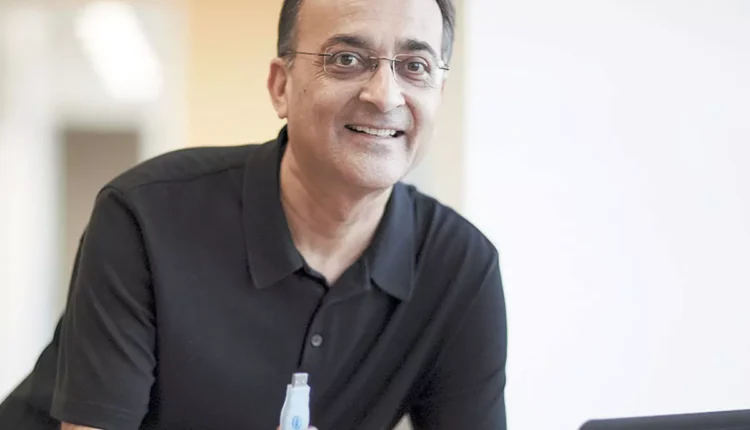Ajay Bhatt : In the world of technology, some names shine brighter than others, and one such name is Ajay Bhatt, the visionary inventor behind the Universal Serial Bus (USB). This article delves deep into the life and achievements of the man who changed the way we connect and transfer data across devices. Join us on this fascinating journey through the remarkable life of Ajay Bhatt, a man with a golden heart who chose innovation over ownership.
Early Life and Education of Ajay Bhatt
Born on September 6, 1957, in Baroda, India, Ajay Bhatt’s journey began in the heart of Gujarat. He embarked on his educational quest by pursuing a Bachelor of Engineering (Electrical) at the Maharaja Sayajirao University of Baroda, India, in 1980. Fuelled by a thirst for knowledge, he then crossed continents to earn his master’s degree from The City College of New York, United States.
The Intel Odyssey
Ajay Bhatt’s transformative journey led him to Intel, where he joined as a senior staff architect in 1990. Little did he know that his career at Intel would change the course of computing history. With an inventive spirit that knew no bounds, Bhatt contributed significantly to the world of technology.
During his tenure, Bhatt accumulated an impressive portfolio of one hundred and thirty-two U.S. and international patents, with several others in various stages of filing. He played a pivotal role in shaping Intel’s chipset architecture team in Folsom, establishing himself as a luminary in the field.
The Birth of USB: A Eureka Moment
The USB, or Universal Serial Bus, we use ubiquitously today had a humble beginning rooted in a practical need. In 1992, while working at Intel, Ajay Bhatt faced a common predicament—his wife called him at work, seeking guidance on printing school documents for their child. Frustration with the complexity of connecting devices to computers led to a moment of inspiration.
Bhatt envisioned a solution: a standardized port that could connect multiple devices effortlessly. This vision became the driving force behind the USB. However, even within Intel, the idea faced scepticism. It took years of relentless effort and refinement before the USB was ready to revolutionize the world of digital connectivity.
The Unselfish Decision
One might wonder why Intel does not hold exclusive rights to the USB, given Bhatt’s pivotal role in its creation. The answer lies in Ajay Bhatt’s unselfish philosophy. At the time of conceiving the USB, he already held 31 patents. However, he chose not to patent this revolutionary invention. His reasons were twofold.
Ajay Bhatt & USB Potential
Firstly, the USB was a collaborative effort, with input from numerous colleagues and external contributors. Secondly, Bhatt understood the USB’s potential to transform the tech landscape, and he wanted it to be universally accessible. His foresight paid off, as the USB quickly became a global standard adopted by various manufacturers.
The Rise to Celebrity Status
Despite being the co-inventor of the USB, Ajay Bhatt remained relatively unknown to the masses until 2009. In a humorous twist of fate, he became a household name after an actor portrayed him in a popular Intel advertisement. The ad, featuring star-struck employees treating him like a rockstar, resonated with viewers. The tagline, “Our rock stars are not like your rock stars,” catapulted Bhatt to celebrity status.
A Legacy Beyond USB
Ajay Bhatt’s contributions extend beyond the USB. He played a crucial role in the development of technologies like the Accelerated Graphics Port (AGP), PCI Express, and Platform Power Management Architecture. His relentless pursuit of innovation has left an indelible mark on the world of computing.
A Man with a Golden Heart
In a 2010 interview with CNN, Ajay Bhatt humbly shared the limelight with his team, deflecting credit for his groundbreaking invention. He described the experience as “rock star treatment” and acknowledged the appreciation he received from people worldwide.
Also Read : Niraj Shah : The Journey of Wayfair’s Visionary CEO

